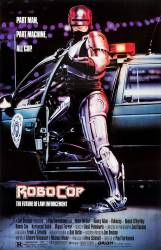
Question: When Robocop is about to arrest Jones, he suddenly feels his system malfunctioning. Jones then explains that Directive 4 is used to shut him down if he attempts to arrest a senior officer of OCP. Why did Jones put this directive into Robocop? At the time nobody knew he was working with Boddicker.
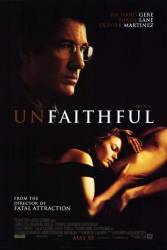
Question: The final scene in the car at the red light in front of the Police station. They are discussing escaping to Mexico for the rest of their lives. They hold each other. The car doesn't move. Do they give themselves up to the police? Is that what the writer is implying?
Answer: Although Connie wanted them to go to Mexico and assume new identities, it is implied that Edward, who initially goes along with that idea, will likely turn himself into the police. However, there's no definitive ending given, so the audience is left to interpret the outcome.
An alternative ending was shot in which Edward says goodbye to Connie in the car and walks into the police station. The director discusses this on the commentary track. The alternate ending is on the DVD.
Answer: Connie wants to say she is guilty and asks her husband to forgive her.
Answer: I think that they had already decided that Edward would turn himself in after the school event. That's why the were so sad when they danced and why they engaged in an escape fantasy conversation at the red light. They knew that the police would soon figure it out and it was only a matter of time before Edward would be arrested. Rather than live in fear, they decided that it would be better for Edward to turn himself in. That's my answer but I have two other questions that I can not answer. 1. WHY did she do it? 2. How long did the affair last? I can't figure out the season but m y guess is between fall and the end of November but I can't be sure because the seasons don't seem to be correct. Is it sunny/warm enough to plant a garden in November in NY? I don't think so.
"Why did she do it?" I think that is the question she asked herself once she realised that she had made a terrible choice. Initially, it made her feel alive and young and excited. She had everything, but she began to feel invisible. Ultimately, her son will suffer the impact of her choice, and she will never have peace again.
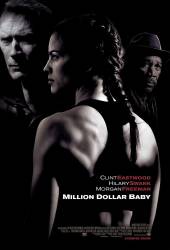
Question: Is it ever revealed what Frankie's secret is? Why is he estranged from his daughter and looking for forgiveness?
Answer: No, the cause of conflict between Frankie and his daughter is never revealed - we only know that she returns his weekly letters, and it has been some time since they have had contact.
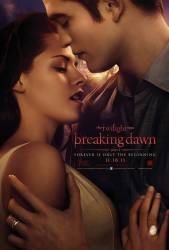
Question: If imprinting is possible for werewolves then why didn't Jacob do it to Bella? Mad Magazine pointed this out as he does this to her daughter, kind of creepy it was.
Answer: Imprinting is an involuntary mechanism. The shape-shifter can't voluntarily imprint on anybody. Jacob tried to imprint on Bella but was unable to do so and began going around looking for other girls to imprint on but, is unable to do it of his own free will.
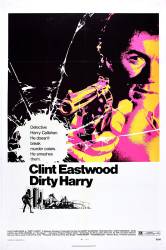
Question: Is Callahan holding the binoculars upside down when he is peering down on the apartments looking for Scorpio? He is on the rooftop with the Jesus Saves Sign. They look upside down to me. (00:38:39)
Answer: Yes the binoculars are upside down.
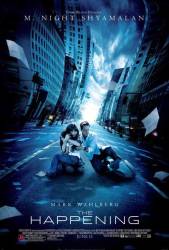
Question: Technically, these people would not die from the neurotoxin directly, so do you think it could have eventually worn off? That is, of course, if the people didn't kill themselves first. The government could have sent in troops with gas masks and everyone put in straight jackets and padded rooms so not to get hurt until the toxin wore off. That could have worked; what do you think?
Chosen answer: If it would/could wear off would be debatable. As far as sending troops in wearing gas masks: The masks are simply filters that block molecules of certain sizes. If the neurotoxin molecular structure was small enough, it could pass through the filters. And then there is, if you really wanted to die, you will find a way regardless of the situation.

Question: During dinner at Christian's parent's place, what was Mia saying in French? It can be kind of hard to hear but in grey it actually showed the conversation.
Answer: She says "ugh. Seattle baseball".
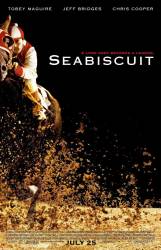
Question: I could not figure out why Red borrowed $20.00. Could someone fill me in?
Answer: Red asked for $10 because he needed to see a dentist, and Howard gave him $20.
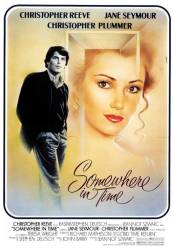
Question: When Richard accidentally pulls a coin out of his coat pocket, he sees that it's a penny and he is sent back to his own time. After being weakened upon his trip back to the future, why, after what was likely several days to get his full strength back, wasn't he able to return to the past? His mentor told him returning to his own time would leave him weakened but, given enough time to get it back, he could have gone back to the past again.
Answer: He was no longer able to put everything out of his mind, which was a requirement to successfully time-travel. He was distraught and unable to focus enough mentally. He stopped eating, and as time went on he became weaker and weaker.
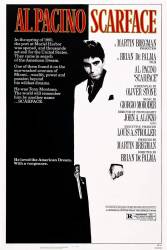
Question: Was the double cross with the chainsaw scene a set up by F.Murray Abraham? Or was it a genuine deal and did he just suspect it may be dangerous, and sent Tony because he annoyed him?
Answer: It's unlikely a set up. Tony is supplied with money and guns to defend himself. If this was a setup, the toad would've had more details. He would've known Tony had backup with guns and they would've waited to ambush them. Also makes no sense for Omar to put himself at risk without a legitimate opportunity to make cash. Frank knew about the deal as he supplied the buy money. Omar seemed loyal to Frank. Why would he send some low level thugs to be set up losing his boss' money in the process? All he would do is lose trust and be suspected.
Omar was an informant. He wasn't loyal to anyone. Omar's driver is the one that suggested to send Tony to the Colombians. And I think Omar knew the Colombians were shady, and that's why he sent Tony. It was, in a sense, a setup.
Chosen answer: While it is never really mentioned I think it is a safe bet that it was a double cross. F. Murray Abraham was seen later in the film to be an informant and killed because of it.
It wasn't a double cross, as it was the driver of the car that suggested/whispered it to Omar the first time Omar met Tony and Manny outside the restaurant they were working at.
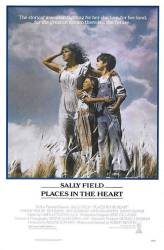
Question: What is the symbolizim of the church at the end of the film? Could it be Heaven? but if you actually believe in Heaven then you might not think that some of those people will be going there. Another possibility is that it could be, well, places in the heart.
Answer: I think the church represents three things: one, showing that we're all one with God, whether we're alive or dead. Two, that those that have died are still in the memories of those that are living (places in the heart). And three, forgiveness, as shown in the last shot with Mr. Spaulding and the kid who killed him.
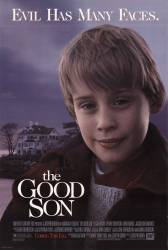
Question: Why would Henry do so many evil things to his own family?
Answer: Henry apparently has what is called a "conduct disorder" - the term used for kids below the age of 18 engaging in what would be (and most likely will become) a diagnosis of sociopathy/psychopathy (antisocial personality disorder) when he becomes an adult. He is "evil", highly manipulative, self-centered, without remorse or other true feelings, and probably incapable of forming loving or long-term attachments. Many sociopaths are believed to have above average intelligence and make good imposters, capable of fooling others because they come across as "charming."
Answer: Because he's nuts!
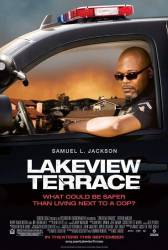
Question: (Spoiler warning) I didn't really understand why the wildfire was put into the story. I know that fires happen in California often and that the scene at the end of the movie looks creepy with all of the smoke and fires in the background, but was there supposed to be any other special meaning or symbolism?
Answer: As far as symbolism, from a film student's perspective (mine), it's like destruction or division, two common themes in the film. The two characters are split in values and the fire is raging between them. As the fire gets closer to the houses, it increases in intensity, as does the fighting between neighbors. I think in this film, fire was used not only as a plot device, but a metaphor for the story as well.
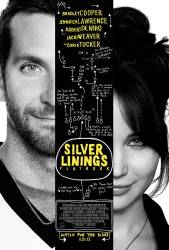
Question: Is it common to be committed like Pat was to avoid a jail sentence? Is this up to the judge?
Answer: It's not exactly common, but yes, it would be up to the judge, and establishing that a person is a "clear and present danger to themselves or others" can result in involuntary commitment in Pennsylvania, where the film takes place. In this case, it would not be hard to argue that, "the person has inflicted or attempted to inflict serious bodily harm on another and that there is a reasonable probability that such conduct will be repeated" (50 PA. CONS. STAT. ANN. § 7301 (b) (1)), as he had just physically assaulted his wife's lover and she'd obtained a restraining order. His mental health problems would have been well-documented, so it would have been easy for a judge to order him to undergo psychiatric evaluation, which could (and, in the film, does) lead to extended involuntary commitment at the discretion of a mental health professional.
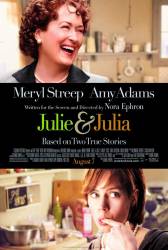
Question: Julie starts getting "stuff" in the mail from her readers. But when you do a blog, you wouldn't put your address in there, would you?
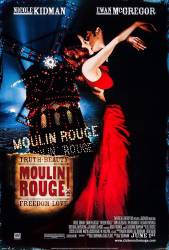
Question: Why was Toulouse crying at the end of the Elephant Love Medley? If I am correct he was sitting on a balcony eating and drinking when singing the words "How wonderful life is, now you're in the world." Is it just that he is happy about his dream of finally getting the Bohemian Play? Is it a potential that he is in love with Christian or Satine. Another possibility is that he just happy seeing Christian in love, since Christian previously stated that he had never been in love before?
Answer: The way I saw it, that was Toulouse in present day singing, after the death of Satine etc.
He's a funny little man who is lonely himself. All he has is his bottle when everything is all said and done. He has nobody.
Answer: Maybe it's sort of a foreshadowing.
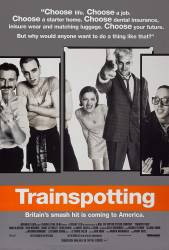
Question: I've seen this movie over 100 times and I know every single word, but when I watched it a few days ago on Netflix I noticed straight away that the talking sounded completely different and some words where changed, in the cold turkey scene Renton was supposed to say "i don't feel the sickness yet but it's in the POST, that's for sure", but on the Netflix version he says "I don't feel the sickness yet but its in the MAIL, that's for sure", why was this changed and did all the actors have to re-do the whole film in audio?
Chosen answer: I can only assume it would have been done for the benefit of international audiences. To Brits, 'post' is commonly used as a noun describing any item received that was posted in the mail system, rather than just as a verb to describe the act of sending something in the mail. Typical small changes of word meanings that makes perfect sense to someone in Britain may easily confuse a viewer from another country.
Is this for real they don't think people are smart enough to know the post is the mail? Like we have post offices it's not like it's so far out there we couldn't figure it out my god.
Bear in mind "Harry Potter and the Philosopher's Stone" was retitled entirely to "Sorcerer's Stone" in the USA. Movie studios are desperate to avoid audiences being confused, whether that's warranted or not.
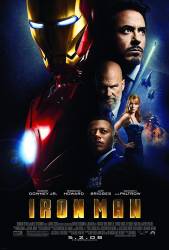
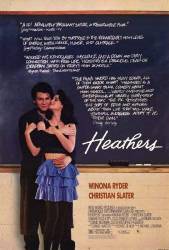
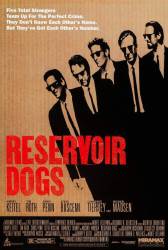
Answer: Because he knew he was doing illegal activities. Robocop was said to be highly efficient at his job and Jones did not want to risk him out on the streets without the insurance of shutting him down if Robo came after him.
MasterOfAll